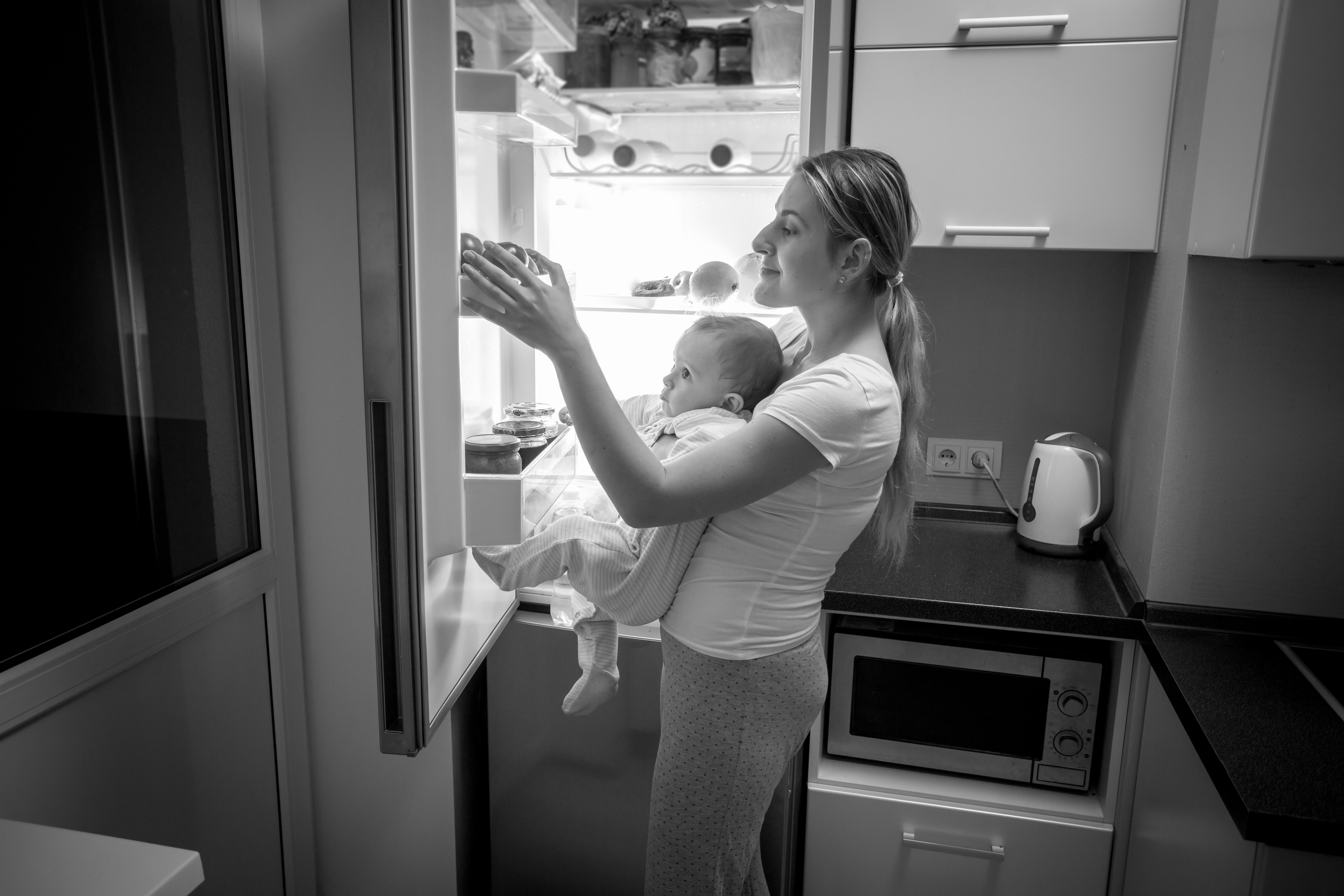ESR8 Factors influencing new parent’s healthy eating behavior (preschoolers)

This research will investigate the main barriers for healthy eating in the family food environment with focus on new parents
The study will involve 3 main parts, as shown in the figure below:

Flowchart summarizing the main steps of the research project
In part I, a cross-cultural study involving 3 countries, Denmark, France and Uruguay will investigate the main barriers for healthy eating among new parents. Qualitative problem-centered interviews and social media content analysis will be conducted to explore cultural, socio-economic and gender role differences that might impact the healthiness of eating behaviours in the transition to parenthood.
Part II will combine the main barriers shared by parents in a Socio Cognitive construct. The application of the construct may allow to distinguish which stage of food behaviour is more challenging for parents and families.
Based on parents’ narratives, practical solutions applying Nudging and Social Marketing strategies will be proposed/tested to overcome parents´ difficulties in acting upon their favourable intentions to eat healthy. This will be the aim of Part III of the research project.
Factors influencing new parent’s healthy eating behavior (preschoolers) – Final results
The results of ESR8’s project showed that the transition to parenthood represents a turning point for eating behaviour change and an opportunity for dietary interventions. Specifically, early parenthood can represent either a window of opportunity or a downturn on healthy eating behaviours of new parents. Cultural and social factors, such as the country food culture, core values, parenting style and socio-economic status account for the direction of eating behaviour changes in terms of healthiness (healthier or less healthy than before becoming a parent). A questionnaire to help researchers and health professionals to assess barriers to healthy eating among new mothers was proposed (Moura & Aschemann-Witzel, under review).
The findings also revealed that healthy eating remains a challenge even among financially well-off families. Strategies to help families to eat healthy should focus on empowering parents to overcome the challenges of early parenthood, including individualized care and attention to negative emotions, stress and perceived time pressure. Actions focusing on fathers’ engagement with families’ healthy eating also seem to be promising to improve families’ diet in a healthier direction.
Above all, data gathered during the 3-year research period revealed that effective nutrition interventions for families should avoid judgmental moral tones and nutrition “rules”, given that some parents consider public nutrition discourses as misleading, confusing and overwhelming. Therefore, hands-on approach focusing on sensory properties of healthy foods and development of cooking skills seem to be among more adequate alternatives.
ESR8, Andreia Moura is currently an Assistant Professor in Clinical Nutrition at the University of Nottingham, School of Biosciences, UK.
https://www.nottingham.ac.uk/biosciences/people/andreia.moura
Podcast: Foodwiser
Andreia has created a podcast, the Foodwiser, comprising 13 short episodes were she shares insights on how to deal with an obesogenic environment while considering a more holistic understanding of eating behaviours. These podcasts are intended for health professionals, parents and everyone interested in expanding their horizons and perspectives about food and health in our society. The podcast include insights from nutrition and sociology explained with examples and anecdotes from life experiences.
Publications by ESR 8
Moura, A. F., & Aschemann-Witzel, J. (2021). Perspectives on sugar consumption expressed on social media by French-speaking and Danish-speaking parents. Social Science & Medicine, 270, 113636. https://zenodo.org/record/4438592#.YFBrePlKg2w
Moura, A.F. and J. Aschemann-Witzel (2020), A downturn or a window of opportunity? How Danish and French parents perceive changes in healthy eating in the transition to parenthood. Appetite, 150: p. 104658. https://doi.org/10.1016/j.appet.2020.104658
Moura, A. F., Vidal, L., Girona, A., & Ares, G. (2022). Parenthood as a Window of Opportunity for Dietary Changes: Perspectives From Uruguayan Parents. Health Education & Behavior, 10901981221074912. https://doi:10.1177/10901981221074912
Moura, AF; Aschemann-Witzel, J. 2022. Barriers to healthy eating: a theory-driven questionnaire for mothers of young children. (in review)
Moura, AF; Aschemann-Witzel, J. 2022. Socio-cognitive barriers to healthy eating among mothers: A segmentation analysis in Argentina, France and Denmark. (in review)
Moura, AF; Grønhøj A; Aschemann-Witzel, J. 2022. My daddy is a food explorer: Development and application of food education activities for fathers and their young children. (in review)
Moura, AF; Philippe, K. “Where is the father? Challenges and solutions to the inclusion of fathers in child feeding and nutrition research”. (in review)
Publications by ESR 8 – short summaries
Blog posts/News by ESR8
Sweets as comfort: facing the post-partum period
Cross-cultural data collection on new parents’ eating behaviours
Do we eat healthier after becoming parents
Foodwiser: A podcast with Edulia insights and beyond
PhD life: Some anecdotes on struggles, growth and passion from ESR8-Andreia
An Early Stage Researcher’s diary during corona times-
Osca and Sophies’ vegetable friends
blogs, ESR8, family, feeding practice, parents, podcast


